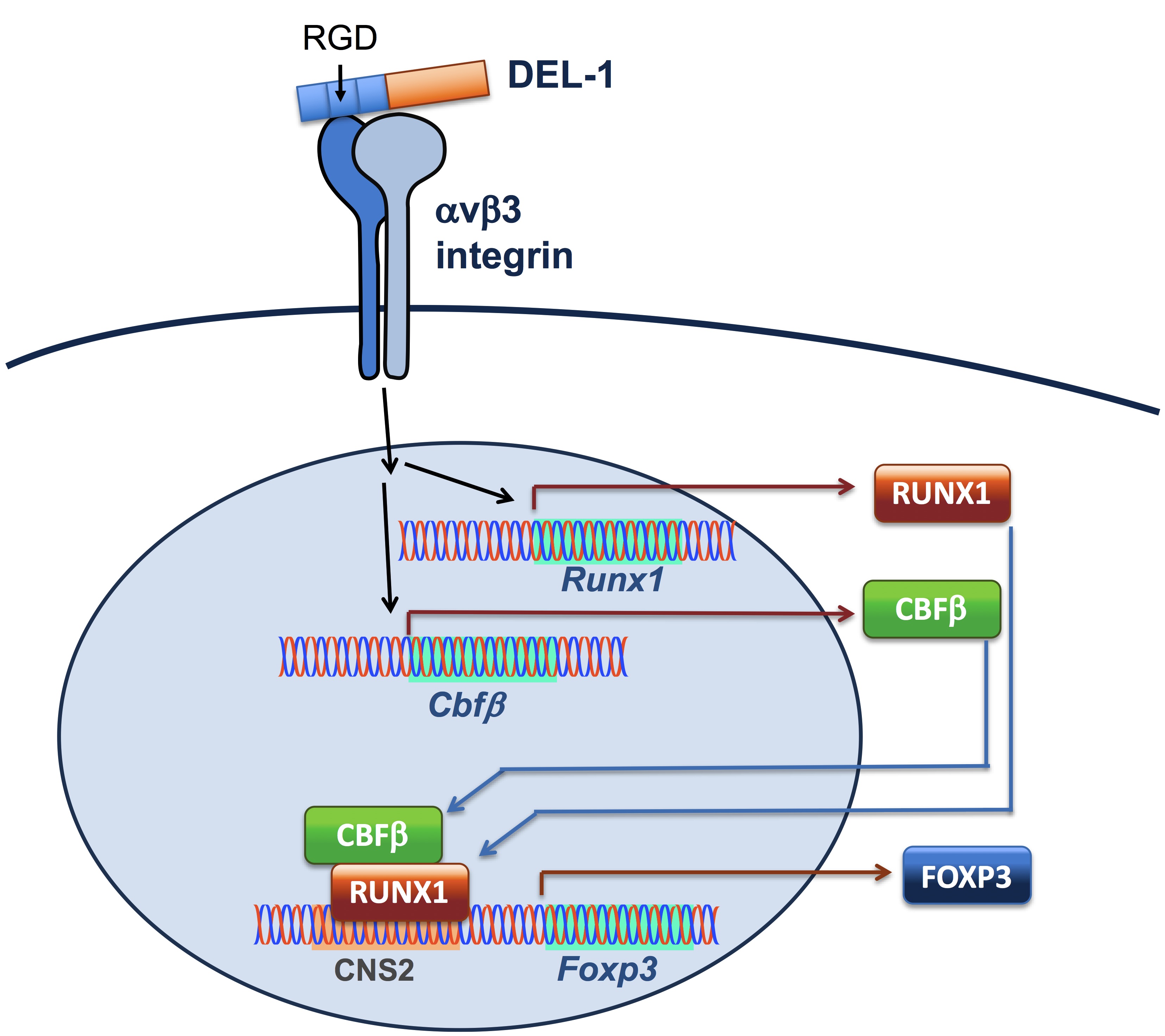
The mammalian immune system is an evolutionary wonder. It’s capable of recognizing and destroying cancer cells, and it can deploy armies of antibodies against viruses, bacteria, parasites and fungi.
Among the lesser-spotlighted roles of the immune system is how a particular T cell helps maintain homeostasis—fostering a balanced and stable metabolic environment—in fat cells. It’s a role that has captured the investigatory eye of an elite team of immunologists.
Having a stronger understanding of the dynamic metabolic activities and signaling pathways in fat tissue can aid new strategies to treat obesity, a major global health concern...
Read More








Recent Comments